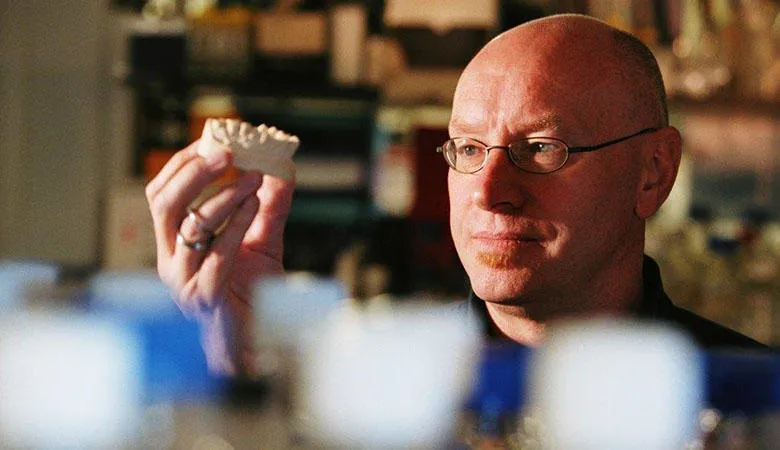Dental Tissue Regeneration and Repair

Our Partners

Georgia Tech
Group lead
Contact us
Professor Paul Sharpe
Centre for Craniofacial & Regenerative Biology
Floor 27, Guy's Tower Wing
Guy's Hospital
Dental Tissue Regeneration and Repair


Georgia Tech
Professor Paul Sharpe
Centre for Craniofacial & Regenerative Biology
Floor 27, Guy's Tower Wing
Guy's Hospital